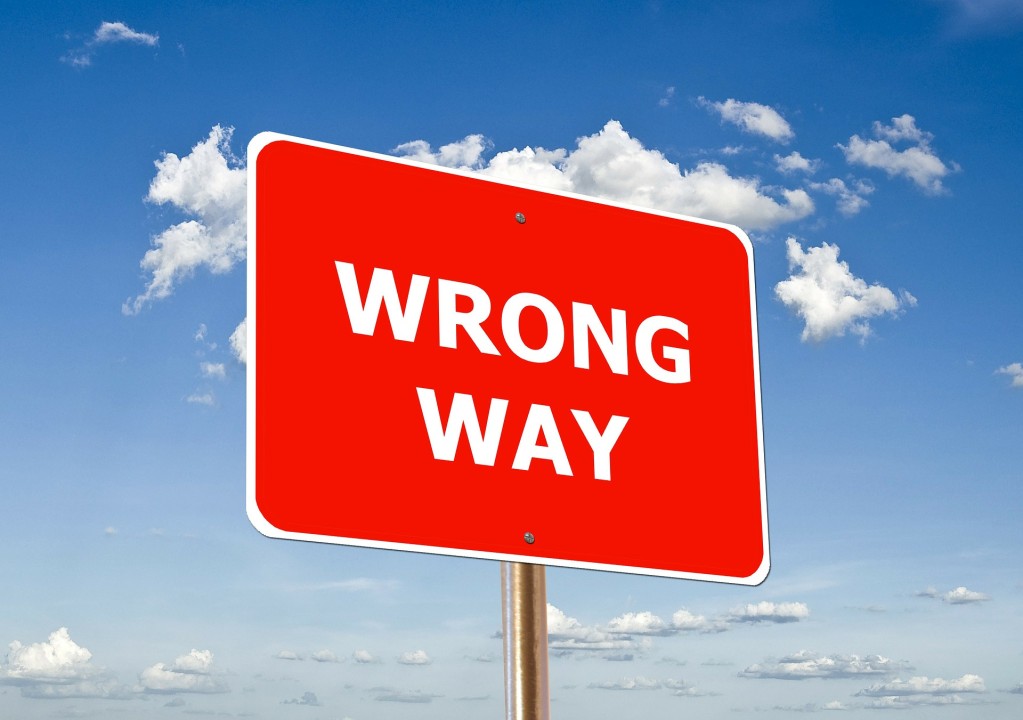We recently discussed strategic dismissals following devastating, but nonappealable, interlocutory orders in order to expedite an appeal in California state court. (The dismissal has to be with prejudice, however: don't get into a Kurwa v. Kislinger snafu.)
But beware if you are in federal court: A recent Ninth Circuit decision in Langere v. Verizon Wireless Services, No. 19-55747 (9th Cir. Dec. 29, 2020) warns that federal Courts of Appeals may reject any such appeals as an attempt to manufacture appellate jurisdiction.
As Adam Hofmann and Josephine Petrick write in their recent Law.com piece, "Manufacturing Appellate Jurisdiction: A Dangerous Gambit," dismissing claims to secure an appealable judgment "is a risky maneuver at best."
Like under California's one-final-judgment rule, with some exceptions an order or judgment is appealable in federal court only where it disposes of all claims. 28 U.S.C. §1291. One exception is Federal Rules of Civil Procedure 54(b), which gives the district court discretion to enter a judgment involving fewer than all claims or fewer than all parties.
Collateral orders are another exception.
The other key exception is 28 U.S.C. §1292(b). That statute gives courts discretion to allow an interlocutory appeal when an order (1) presents a controlling question of law; (2) as to which there is substantial ground for difference of opinion; and (3) the resolution of which would materially advance the ultimate termination of the litigation. 28 U.S.C. §1292(b).
But the Ninth Circuit has cautioned: “Although a dismissal without prejudice can be a final, appealable order, there must be 'no evidence [one or both of the parties] attempted to manipulate our appellate jurisdiction by artificially `manufacturing' finality.'” Adonican v. City of Los Angeles, 297 F.3d 1106, 0 (9th Cir. 2002).
As Hofmann and Petrick note, "a misstep can cause disaster. For example, while it may be possible to appeal court-dismissed claims after voluntarily dismissing other claims, an appeal may not lie from voluntary dismissal of all claims, following a major procedural loss, such as denial of class certification. See Microsoft, 137 S. Ct. at 1716-17 (Thomas, J., concurring) (suggesting that a party who voluntarily dismisses claims lacks standing to seek relief on appeal)."
In Langere v. Verizon, after the district court granted the provider's motion to compel arbitration, the consumer voluntarily dismissed his suit with prejudice and appealed. Hofmann and Petrick note that, under prior Ninth Circuit precedent, this would have been permissible. But in light of the Supreme Court’s Microsoft Corp. decision, the Ninth Circuit concluded that the consumer’s gambit to manufacture appellate jurisdiction accordingly failed, and dismissed the appeal for lack of jurisdiction.
If you are developing a strategy after a devastating order before a final judgment has been entered, that is an excellent time to consult appellate counsel.
Tim Kowal helps trial attorneys and clients win their cases and avoid error on appeal. He co-hosts the Cal. Appellate Law Podcast at www.CALPodcast.com, and publishes a newsletter of appellate tips for trial attorneys at www.tvalaw.com/articles. Contact Tim at tkowal@tvalaw.com or (714) 641-1232.

